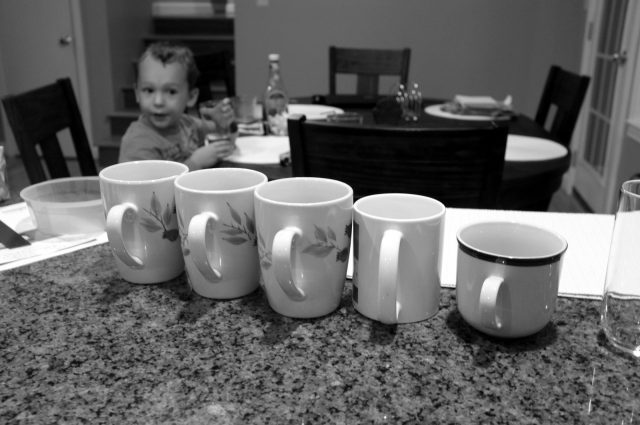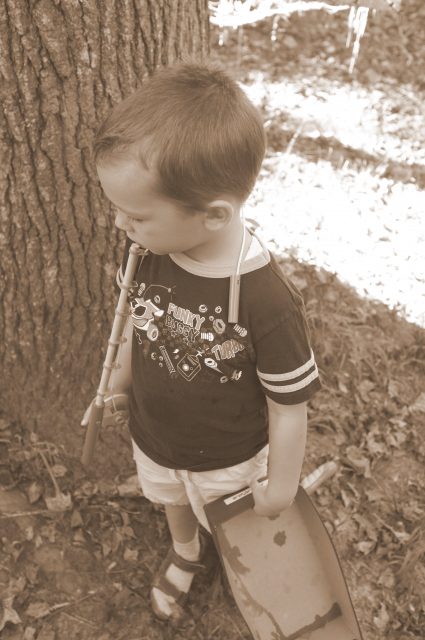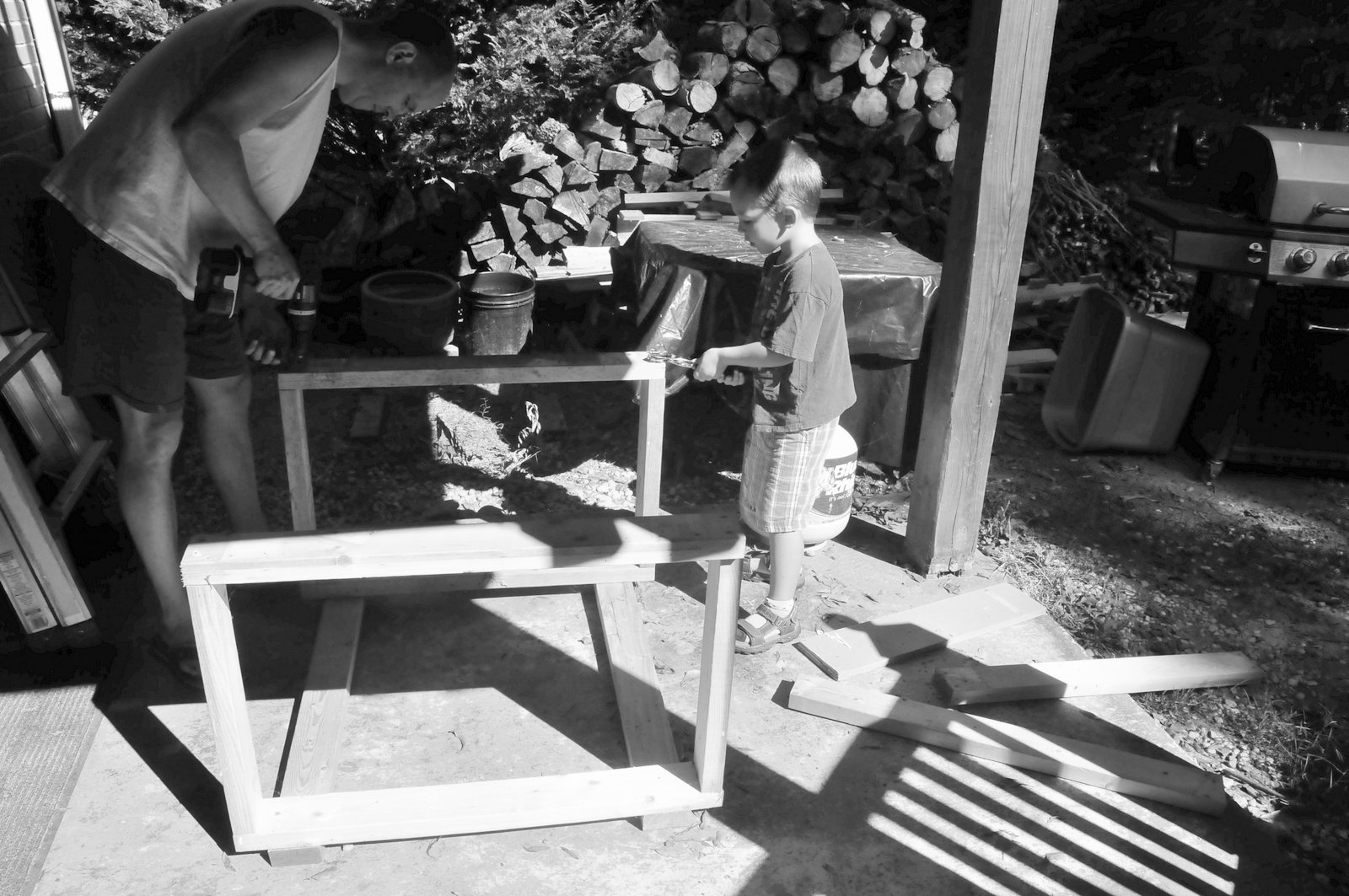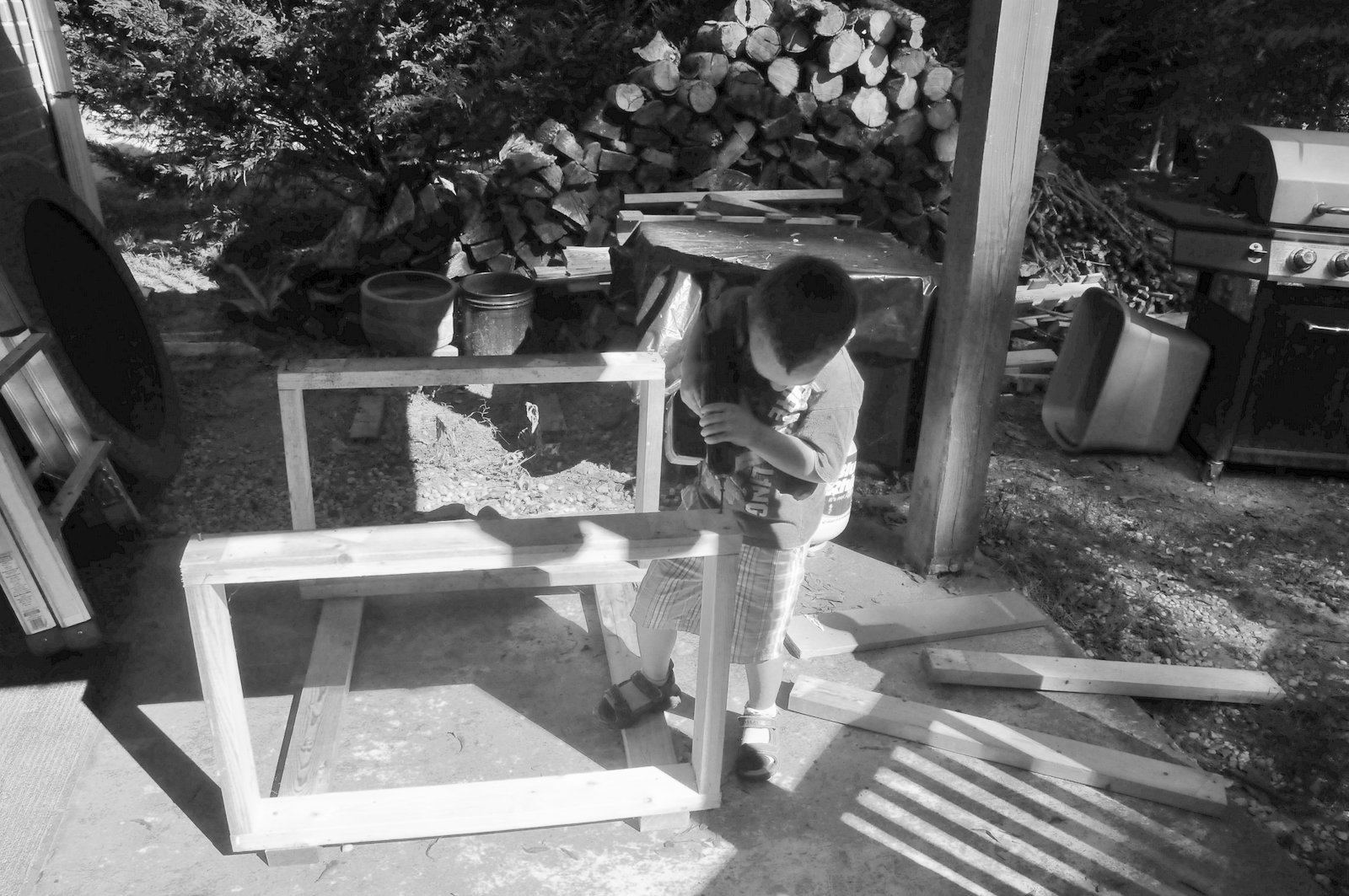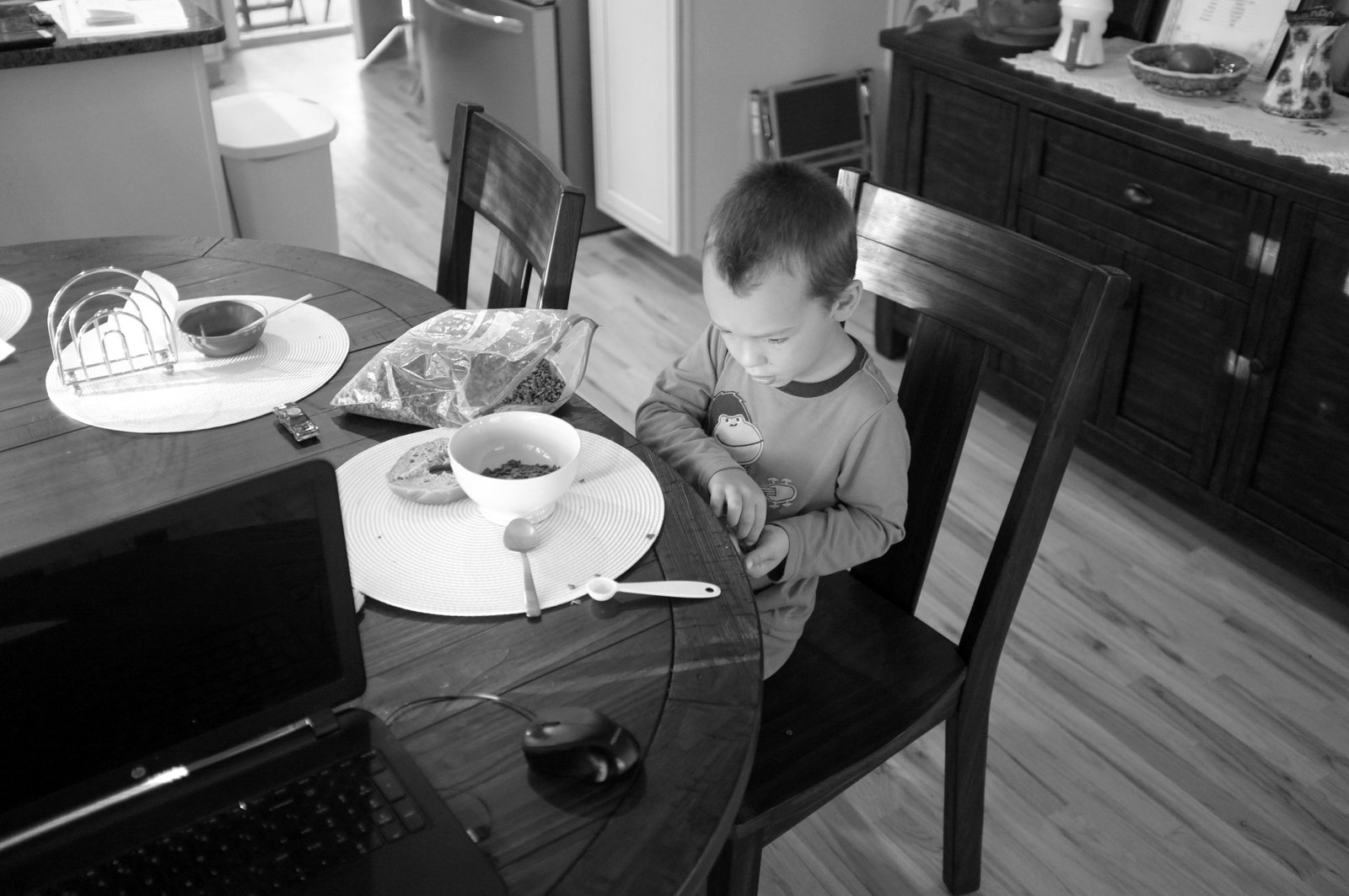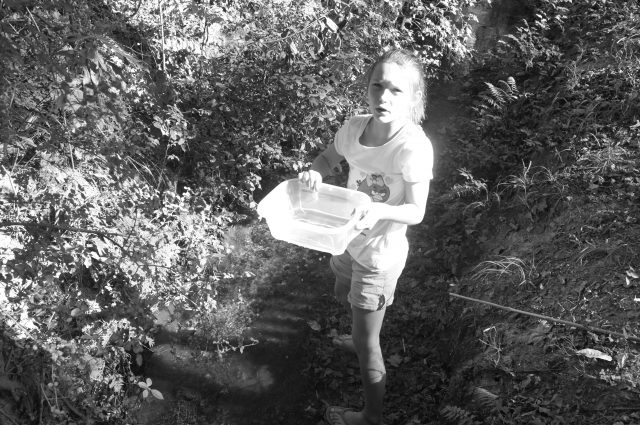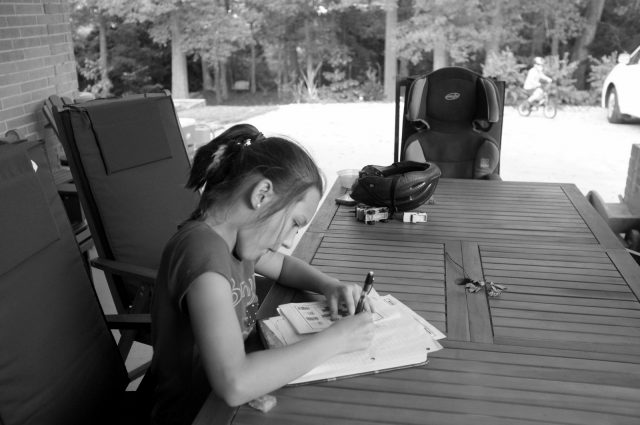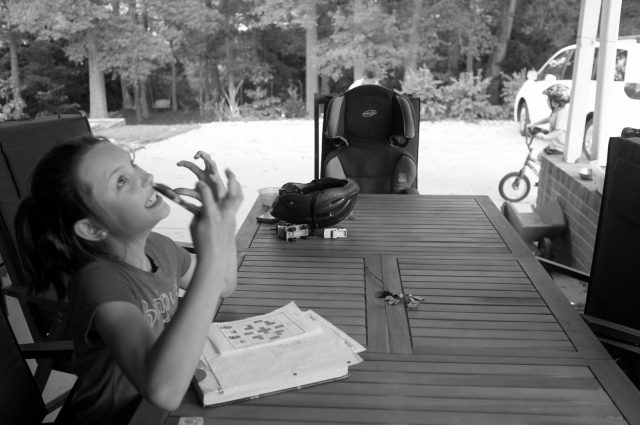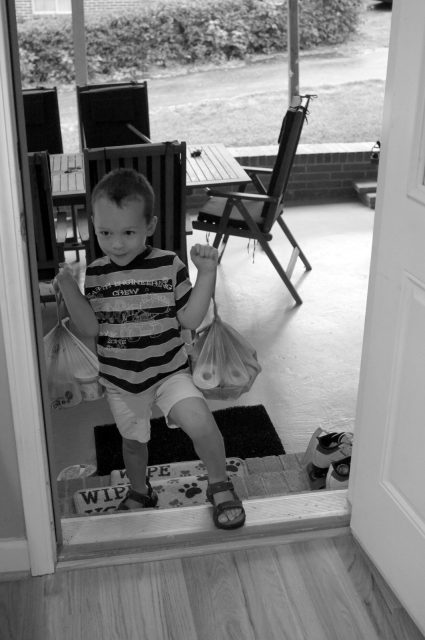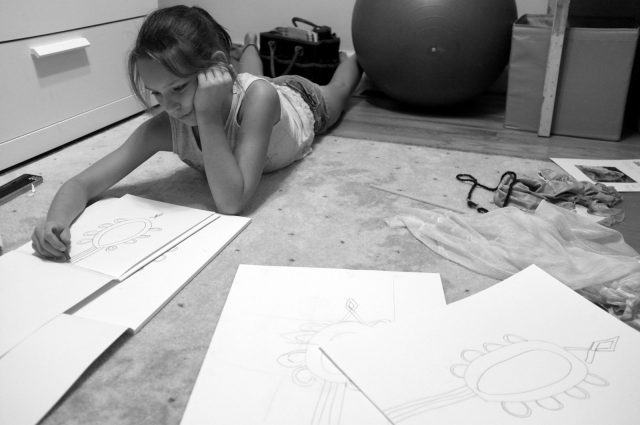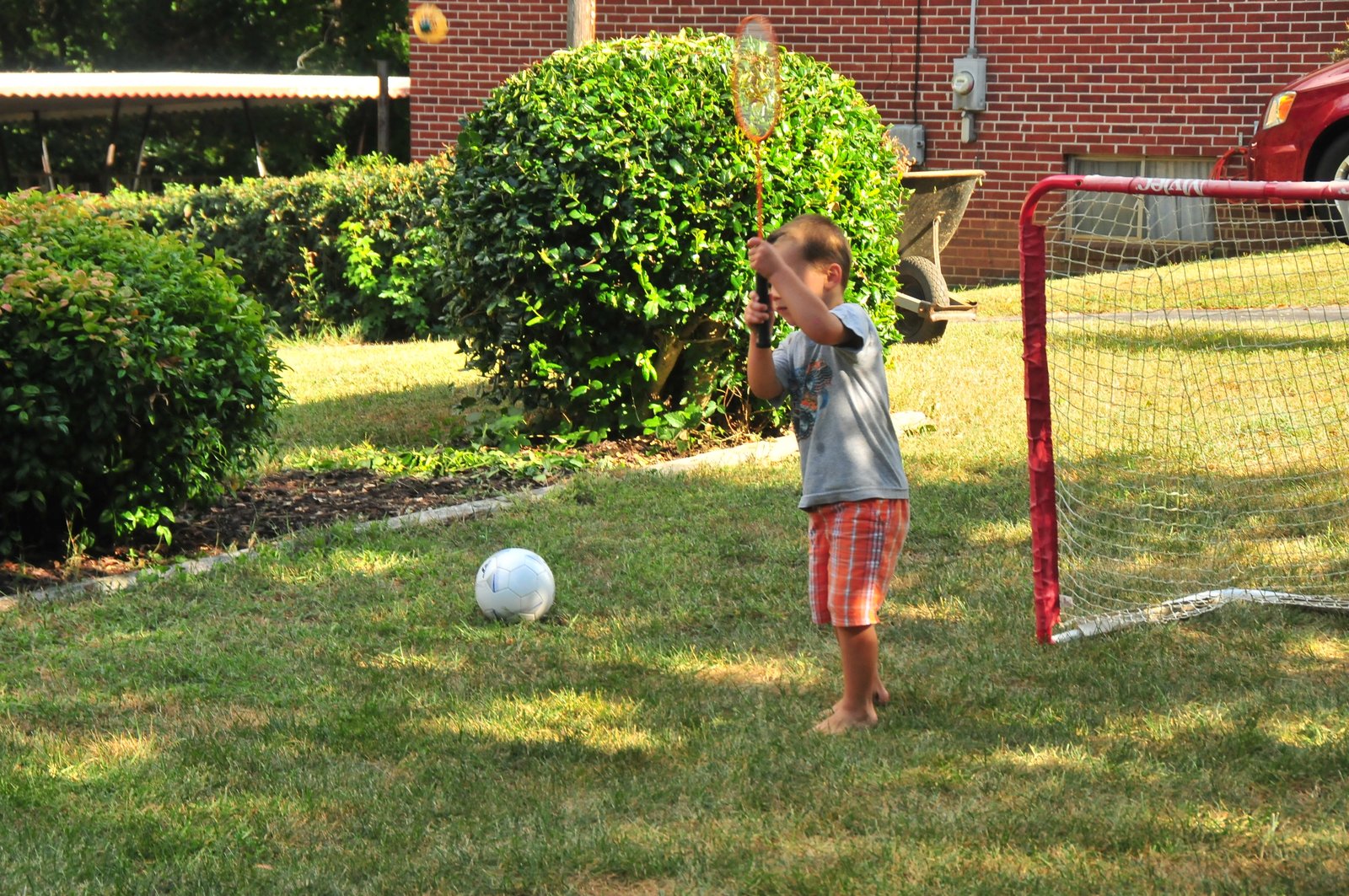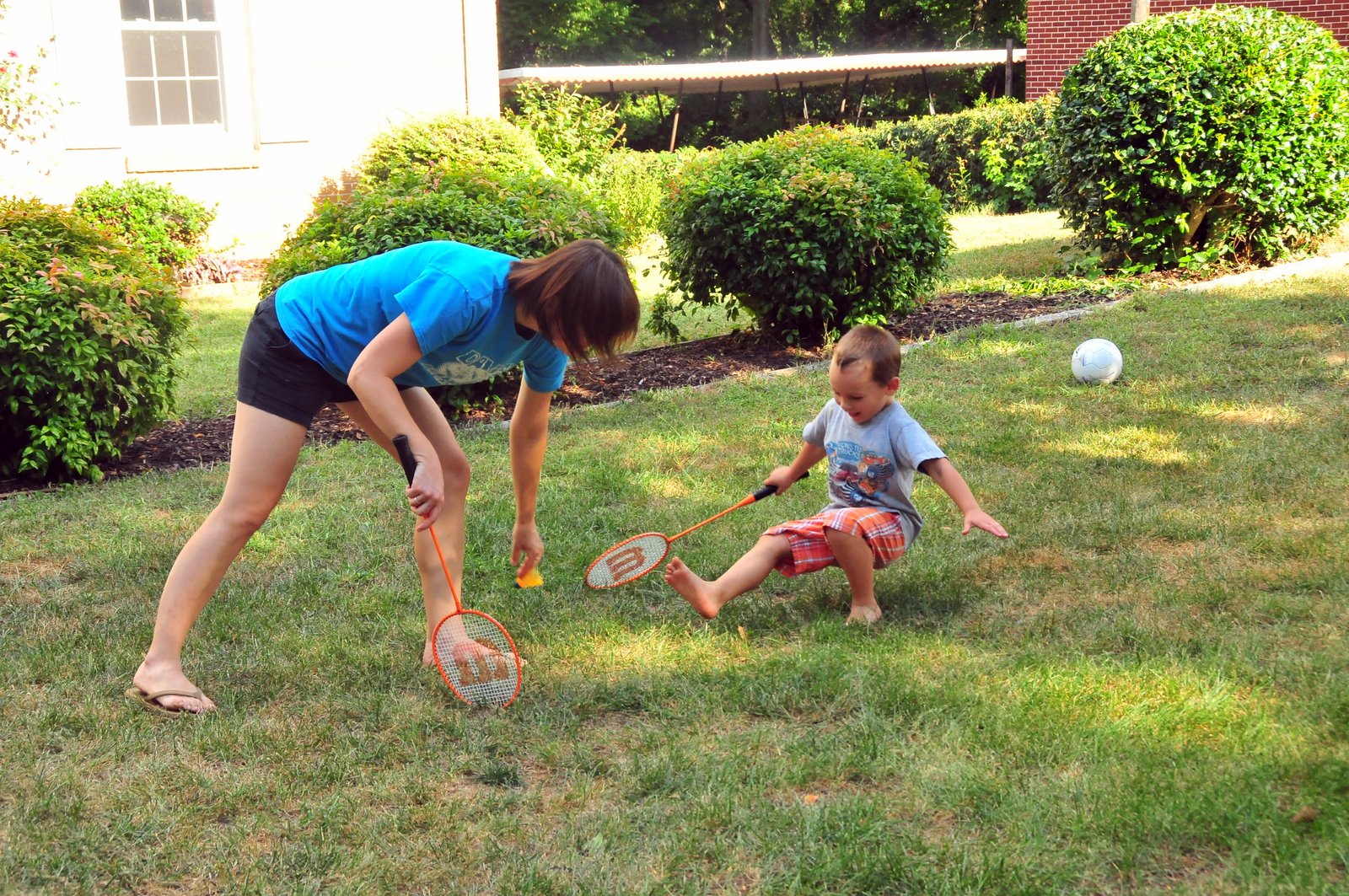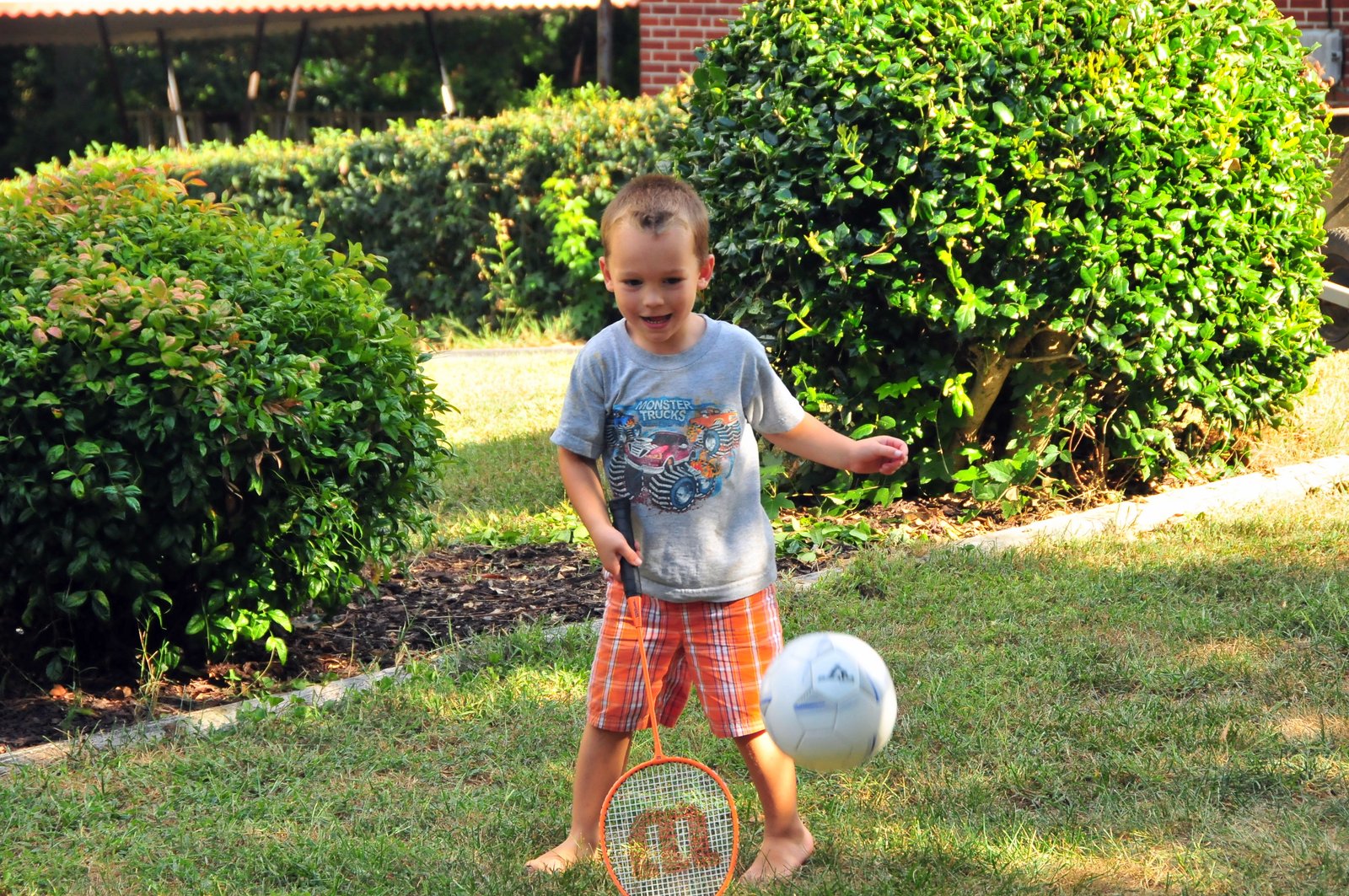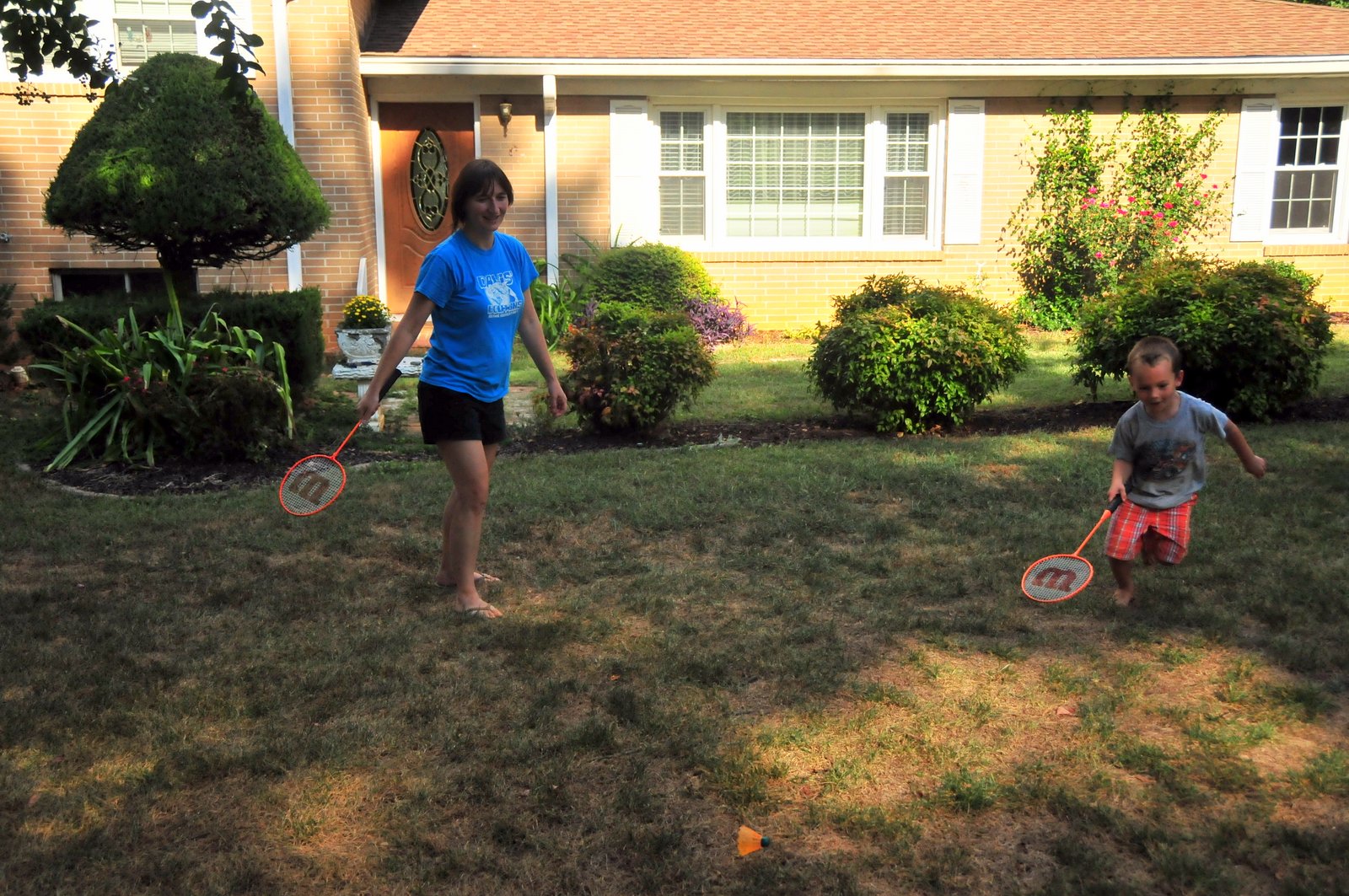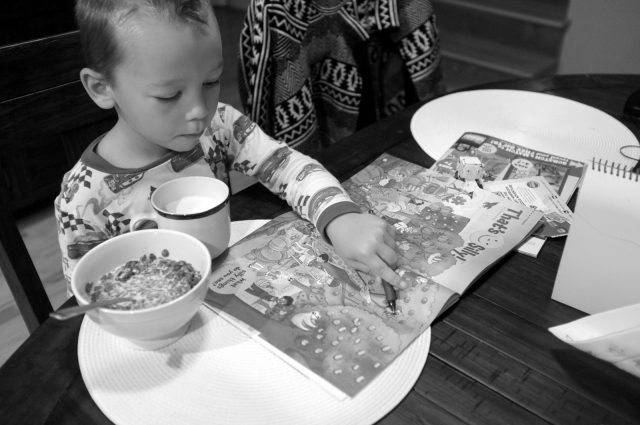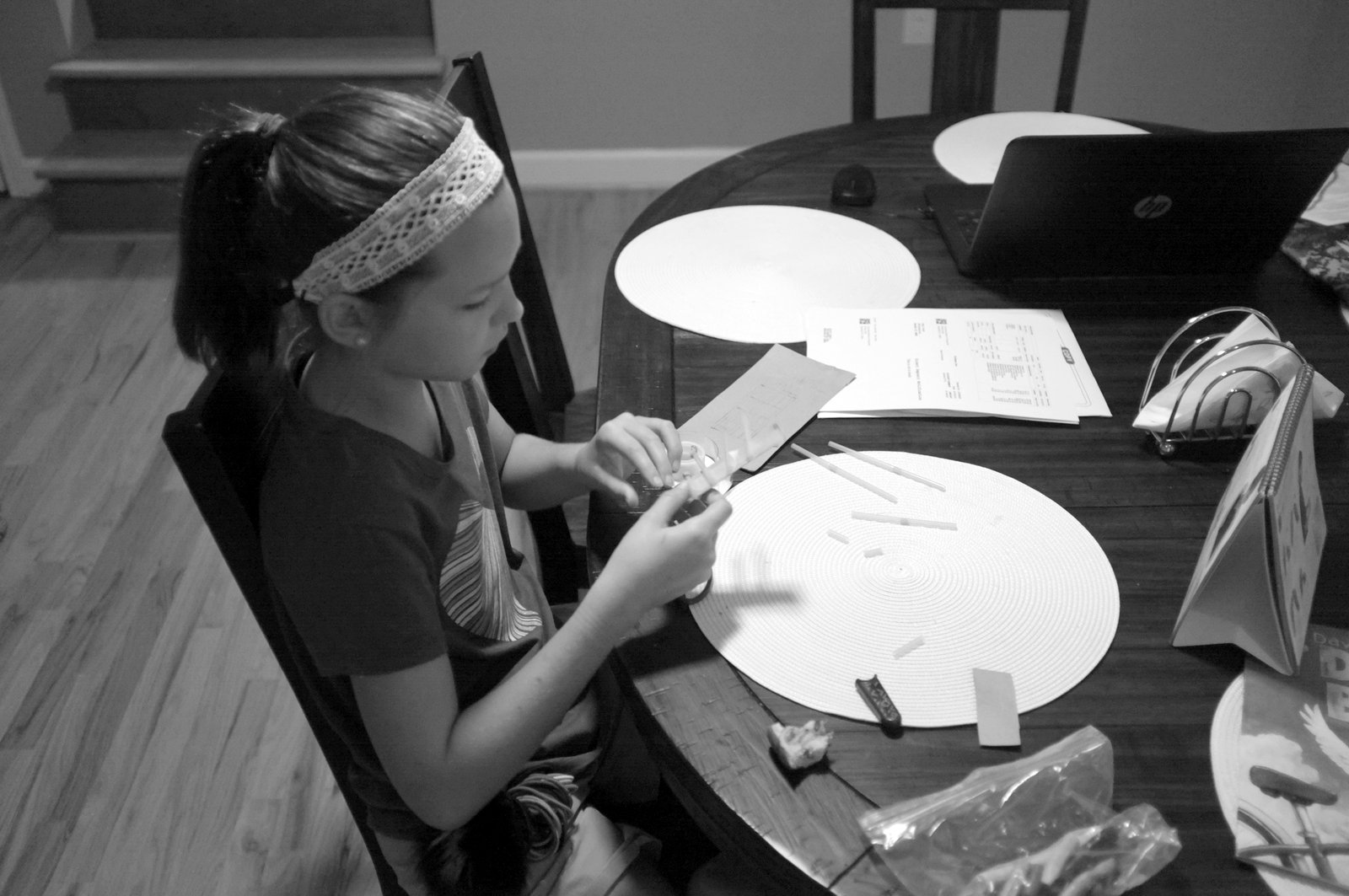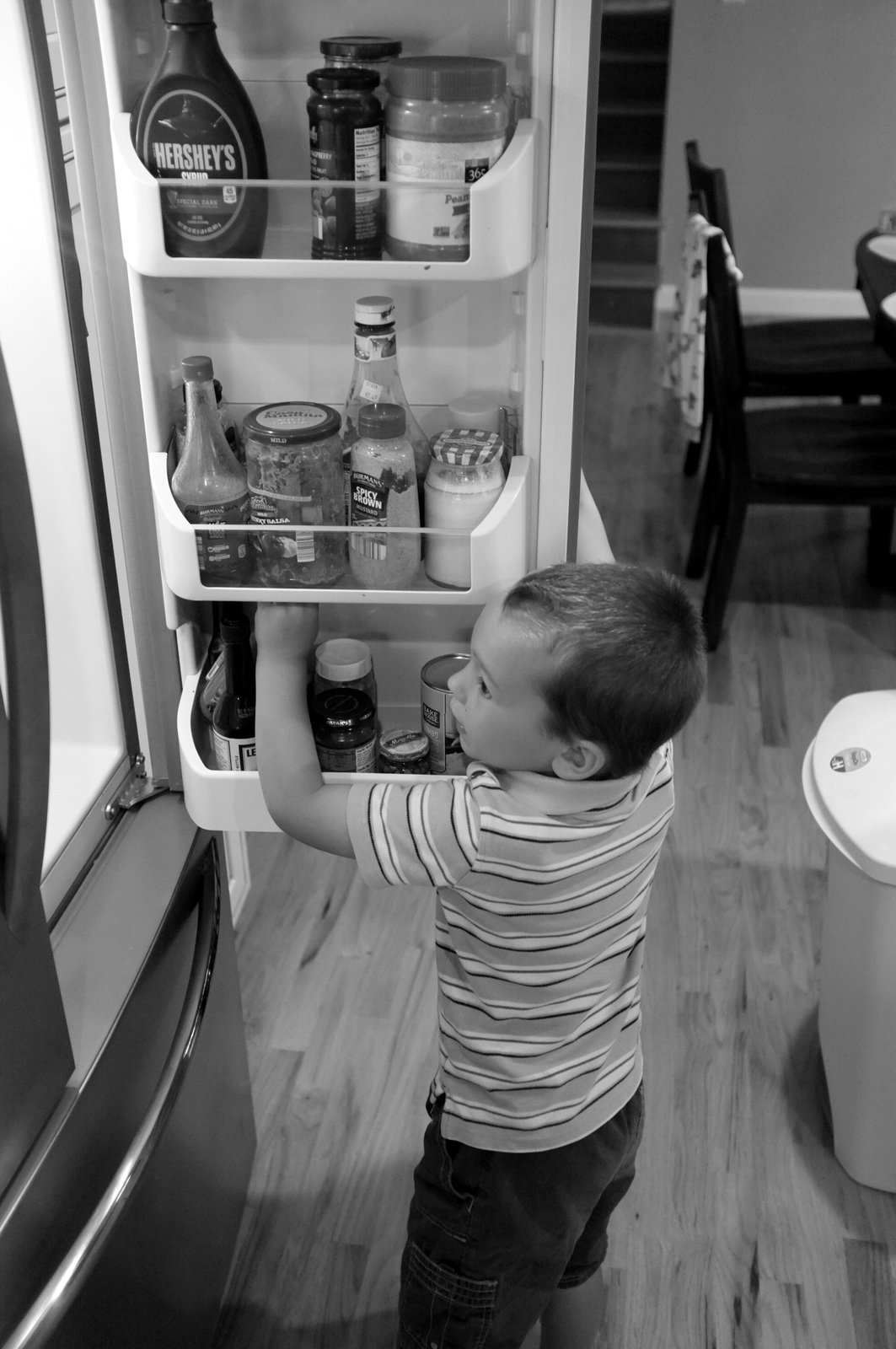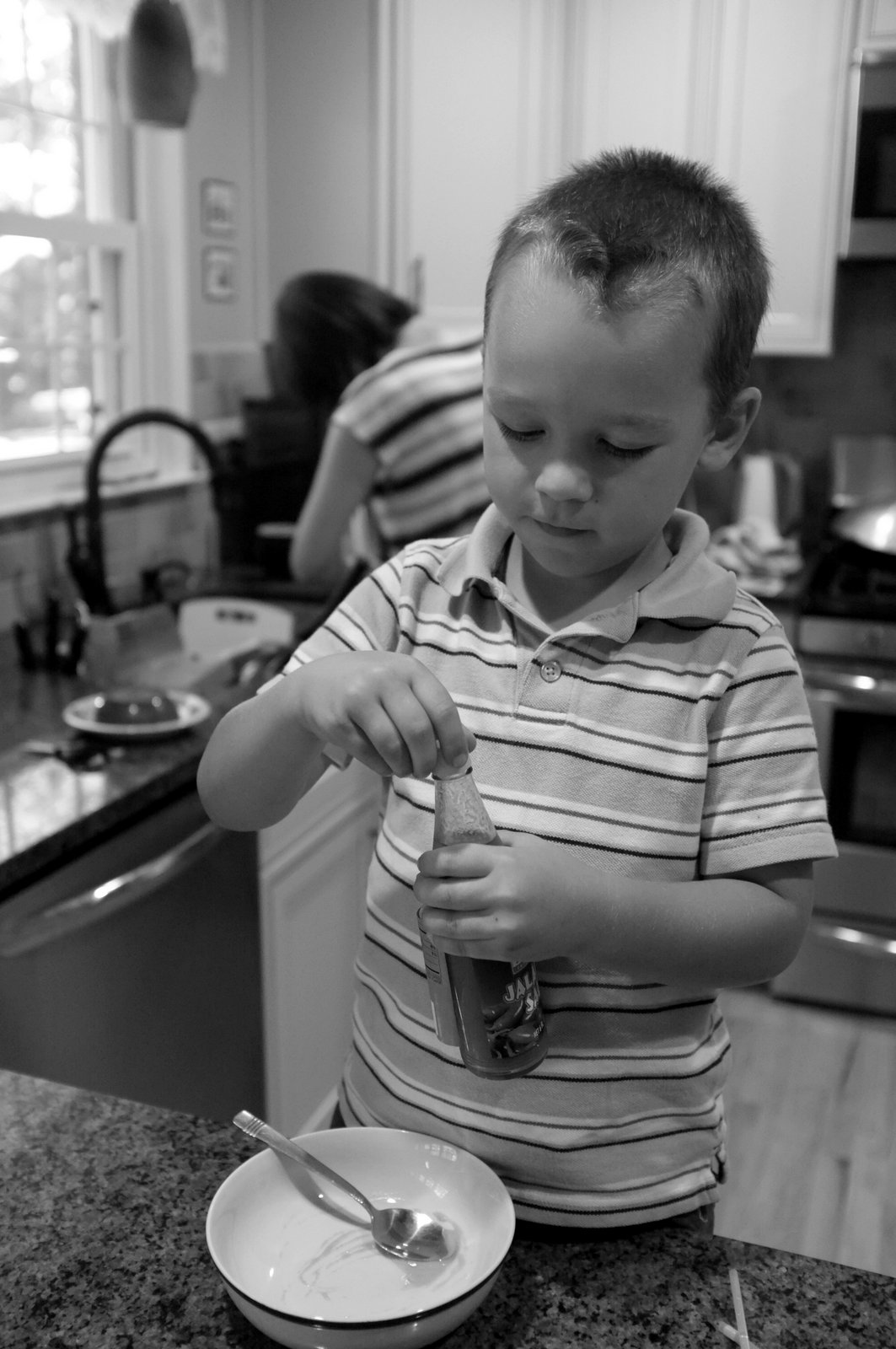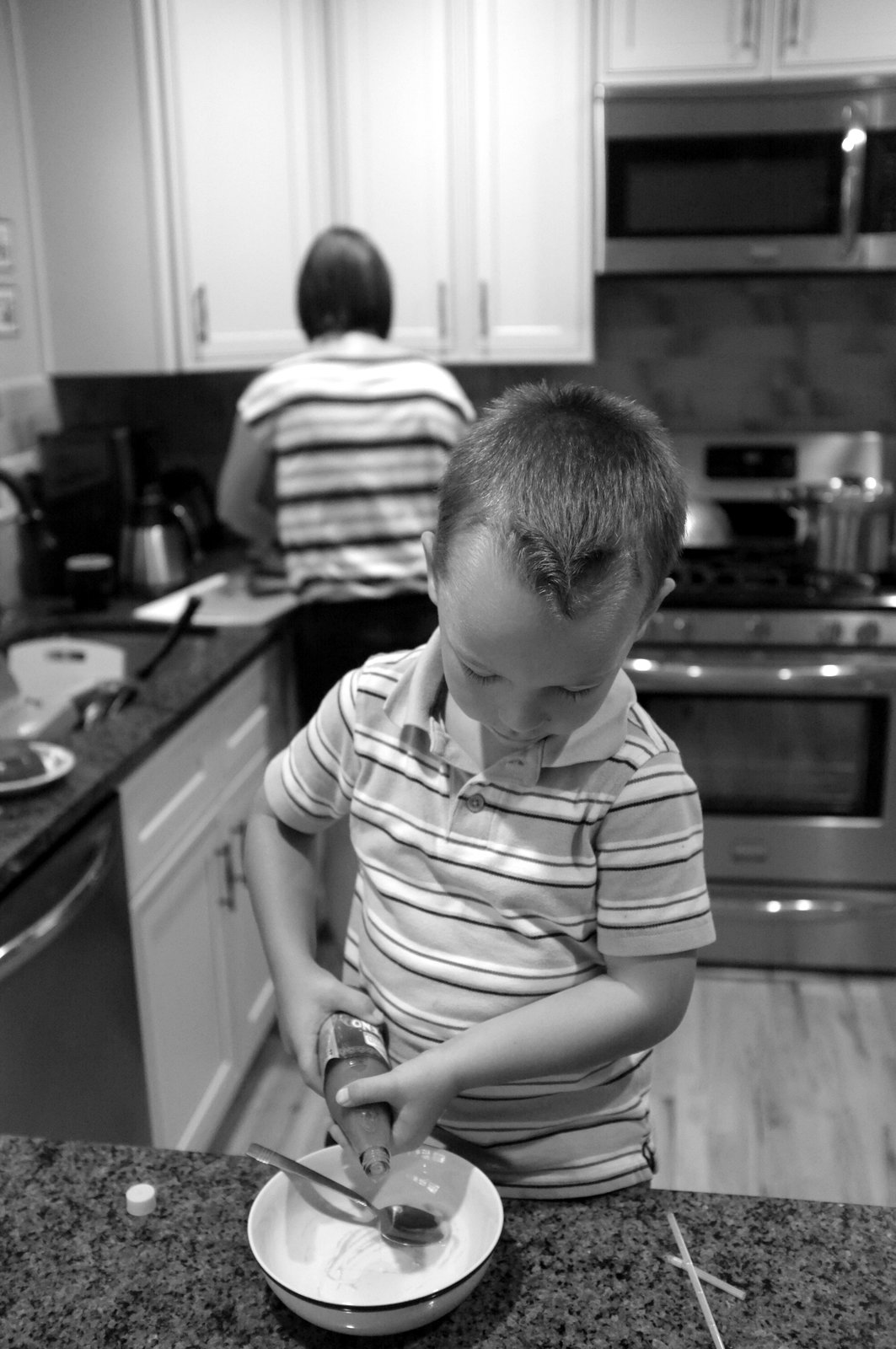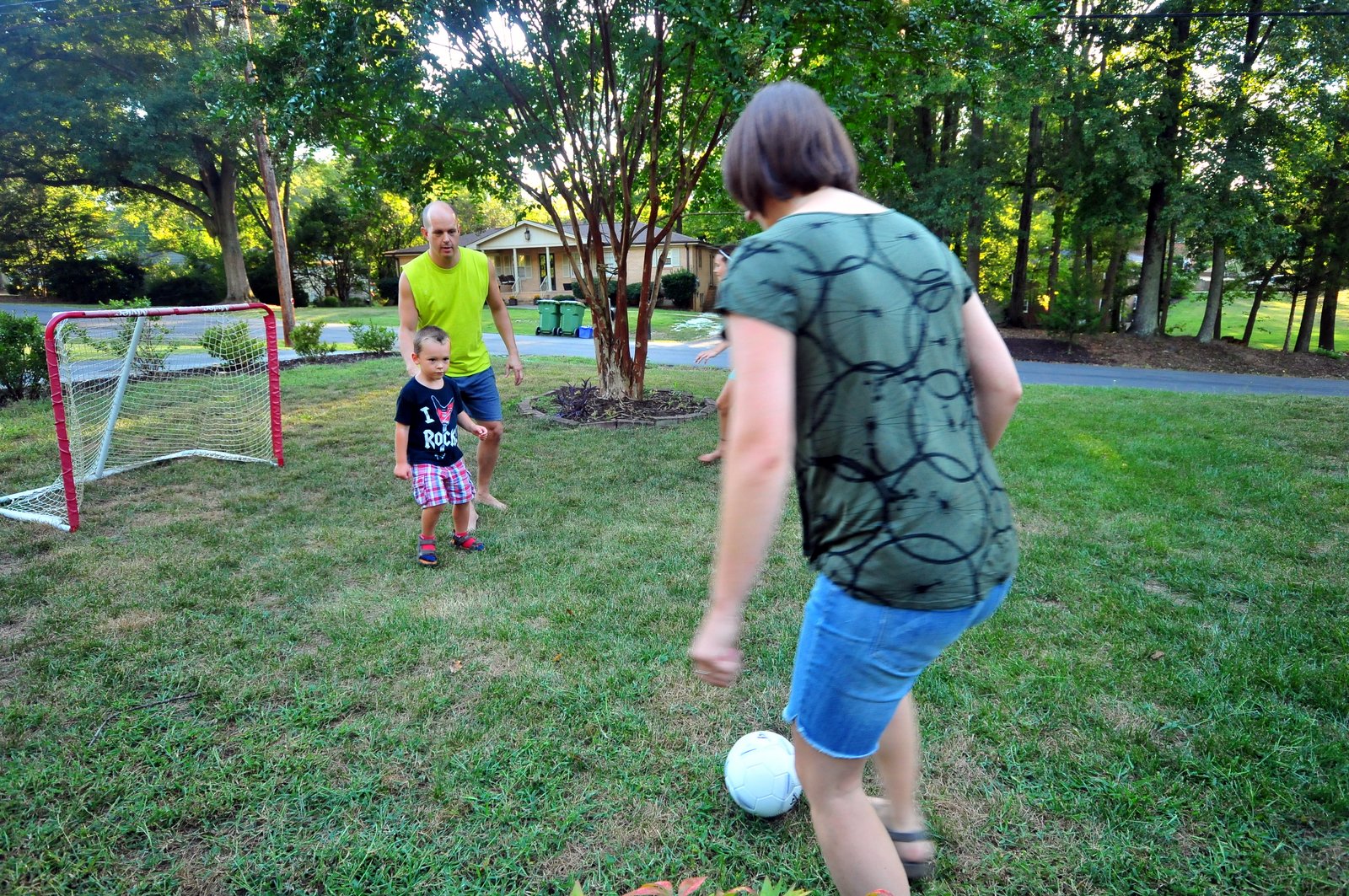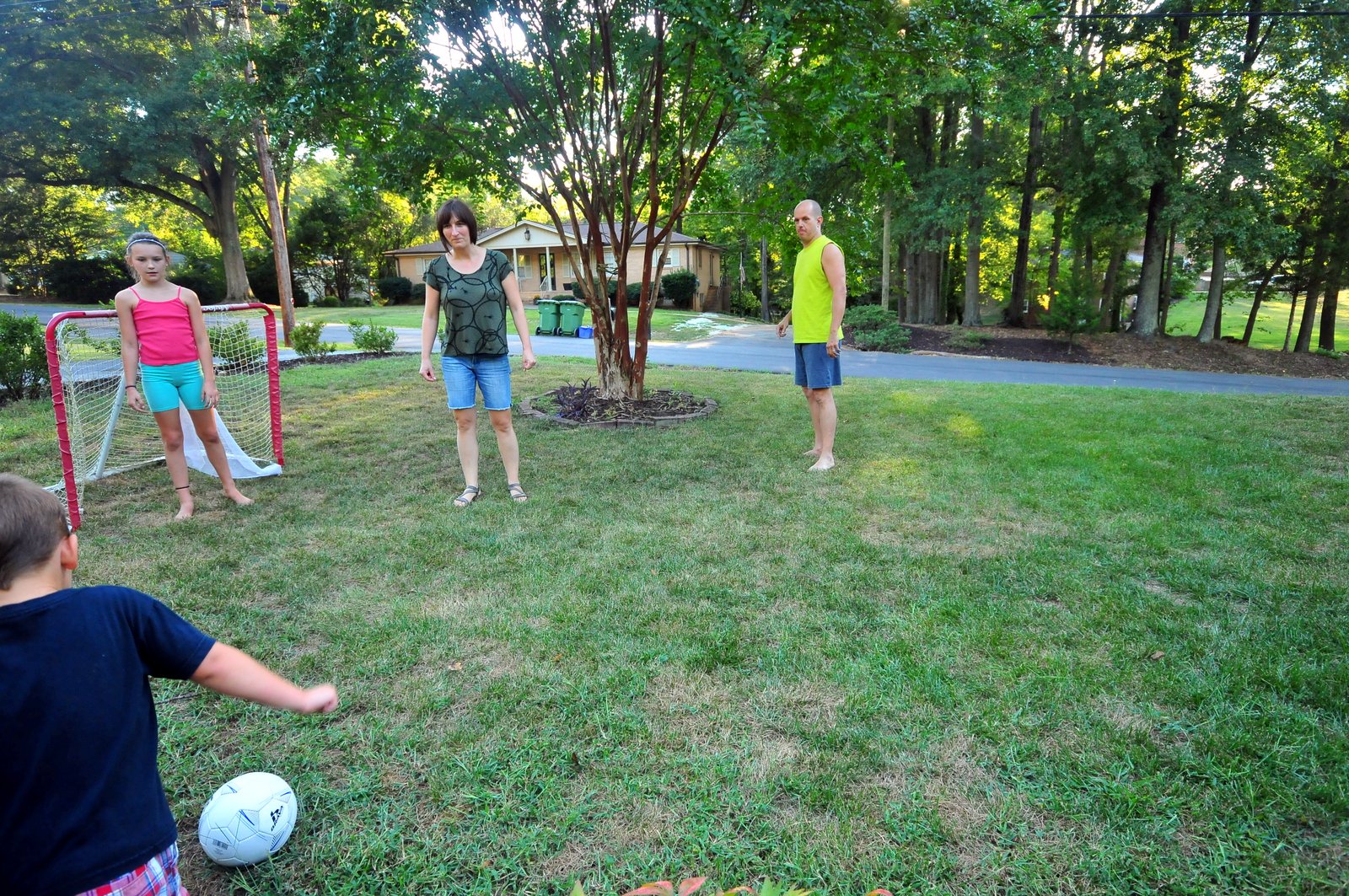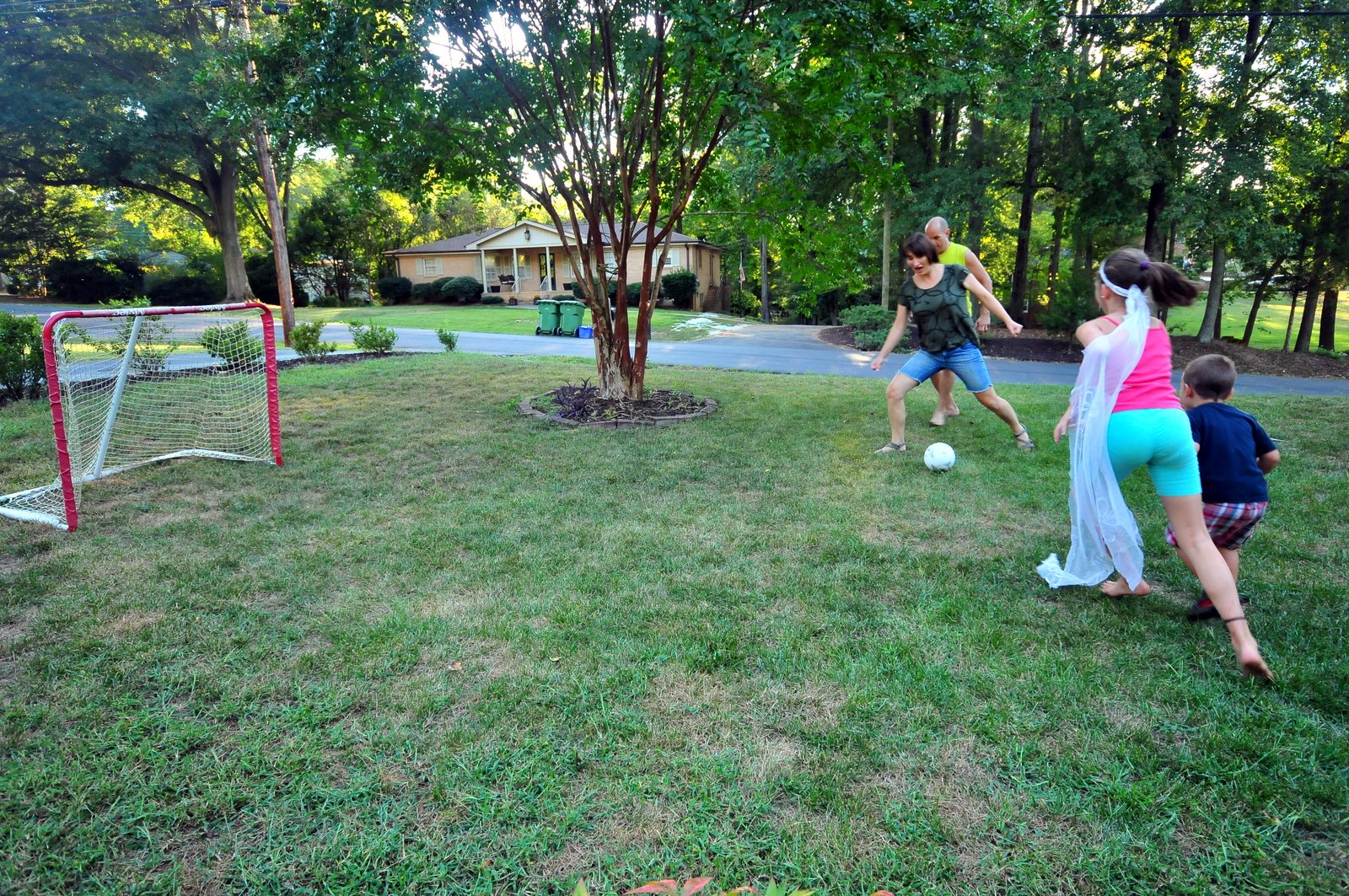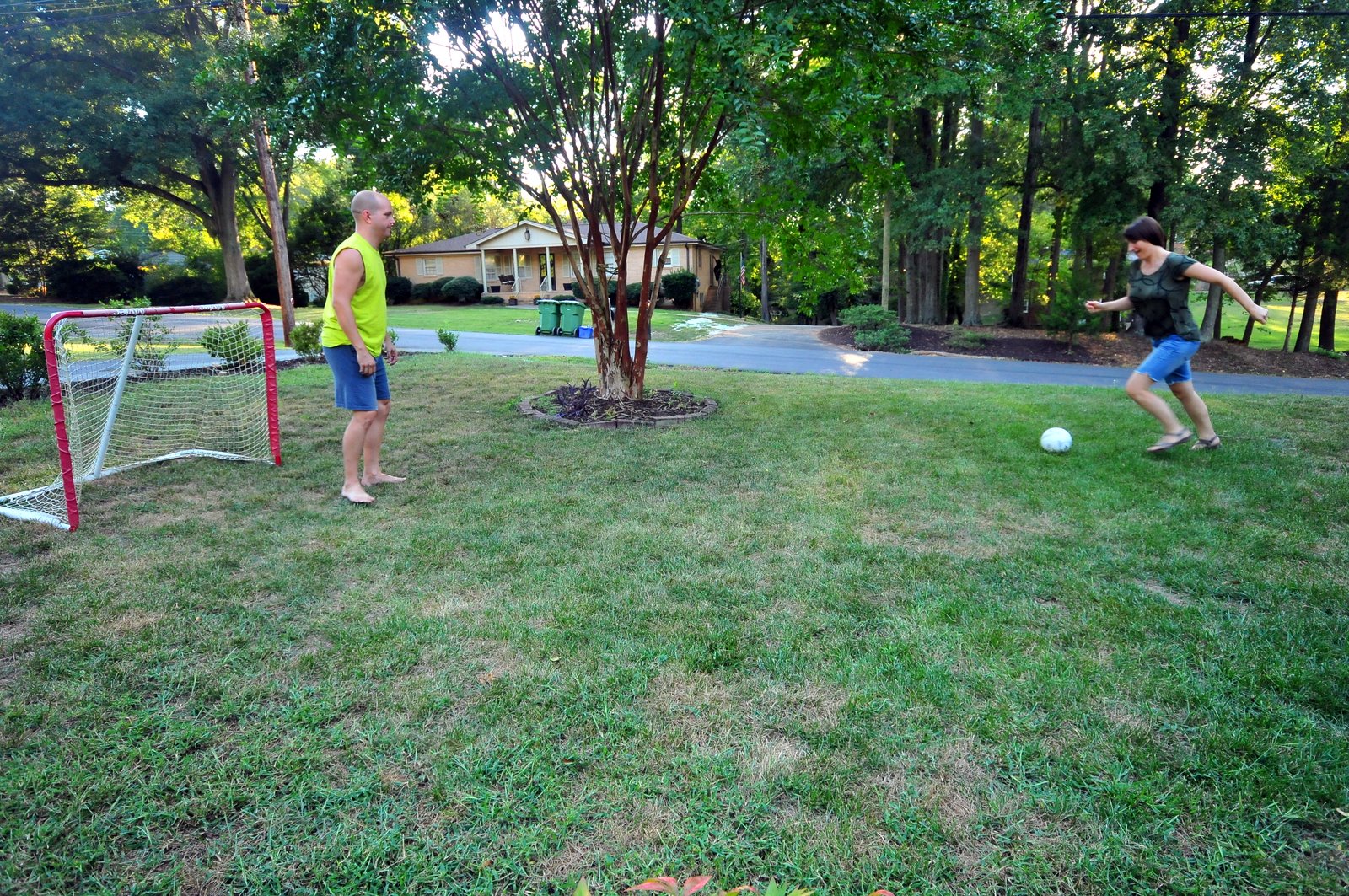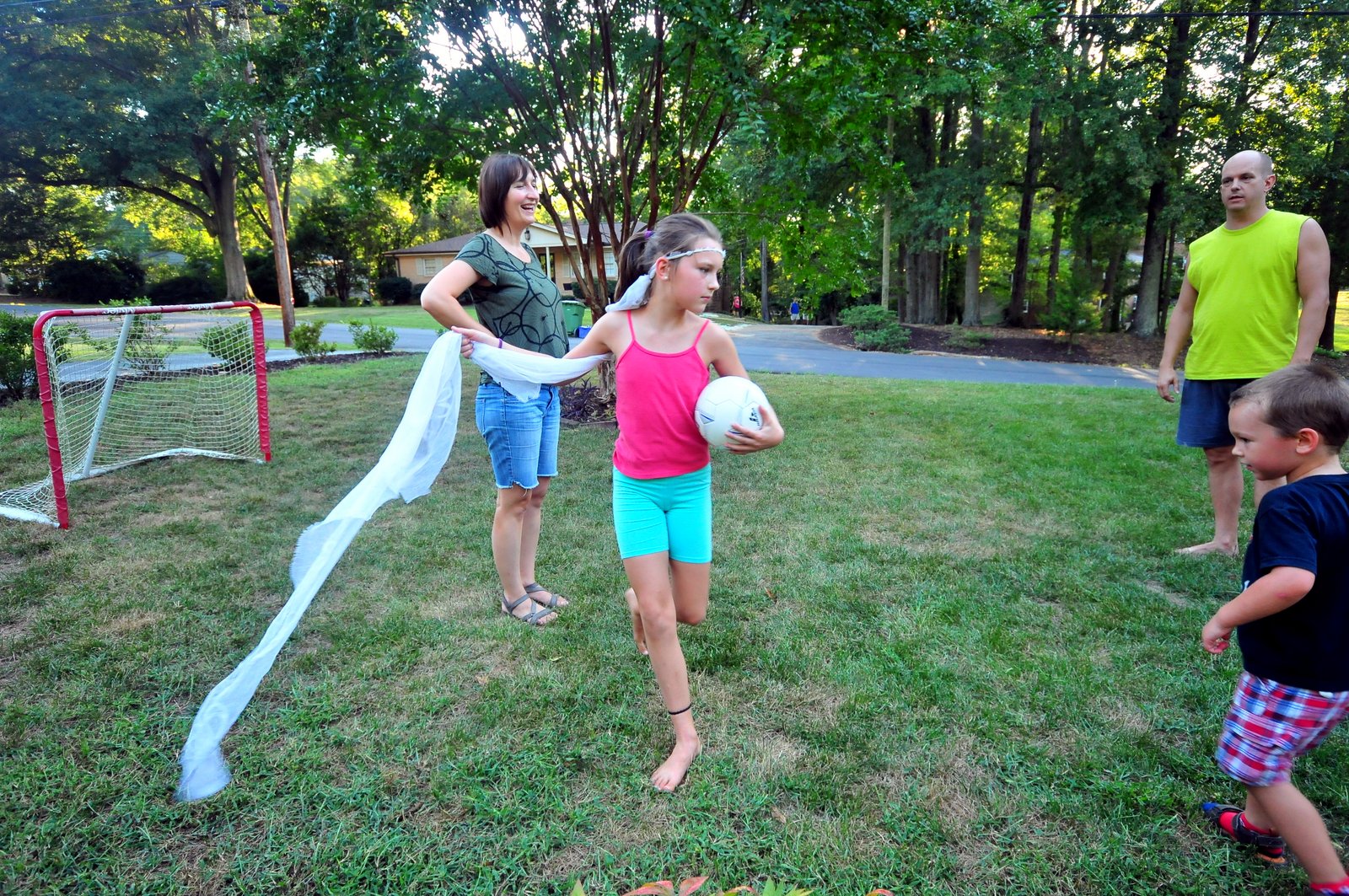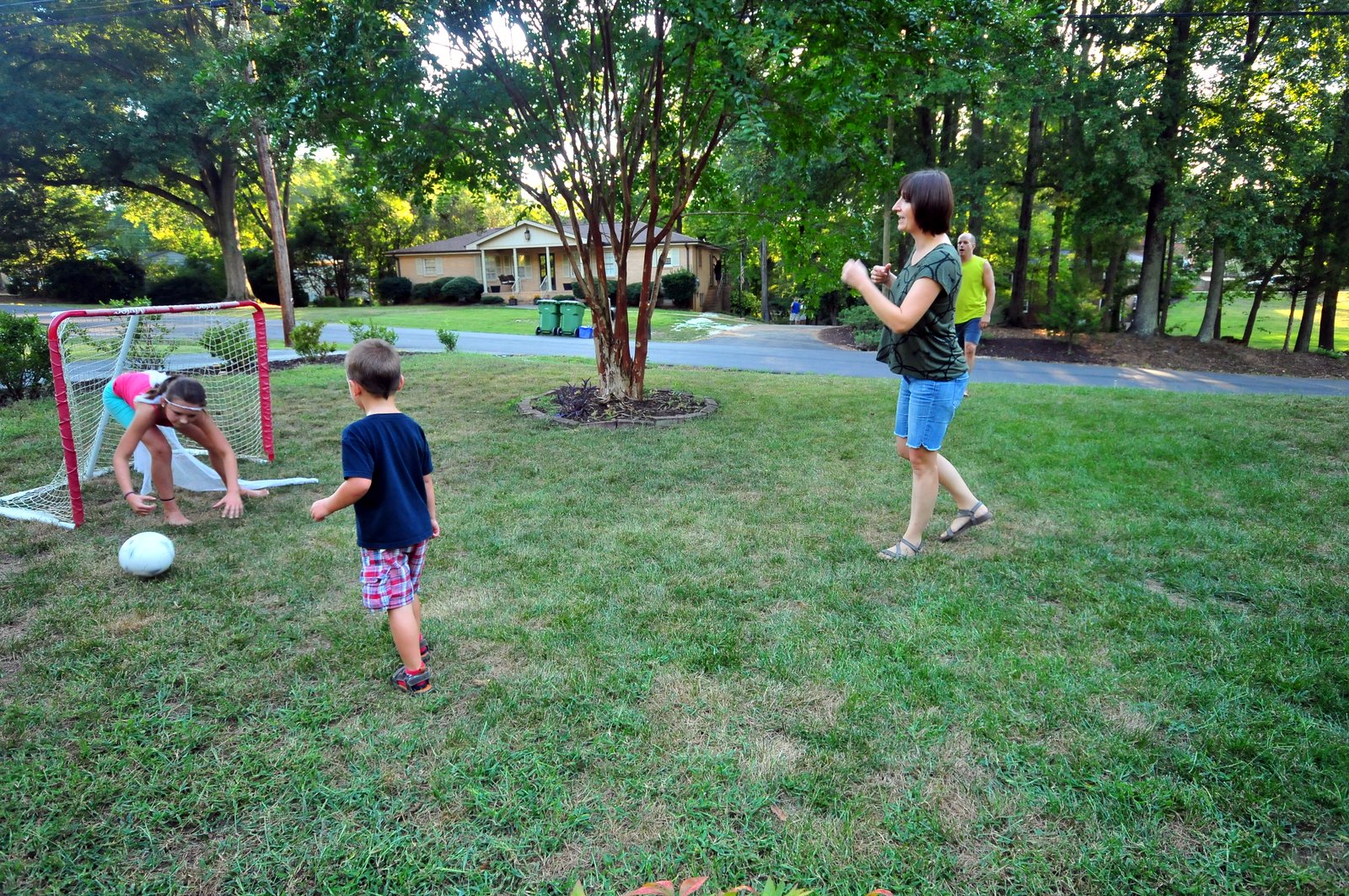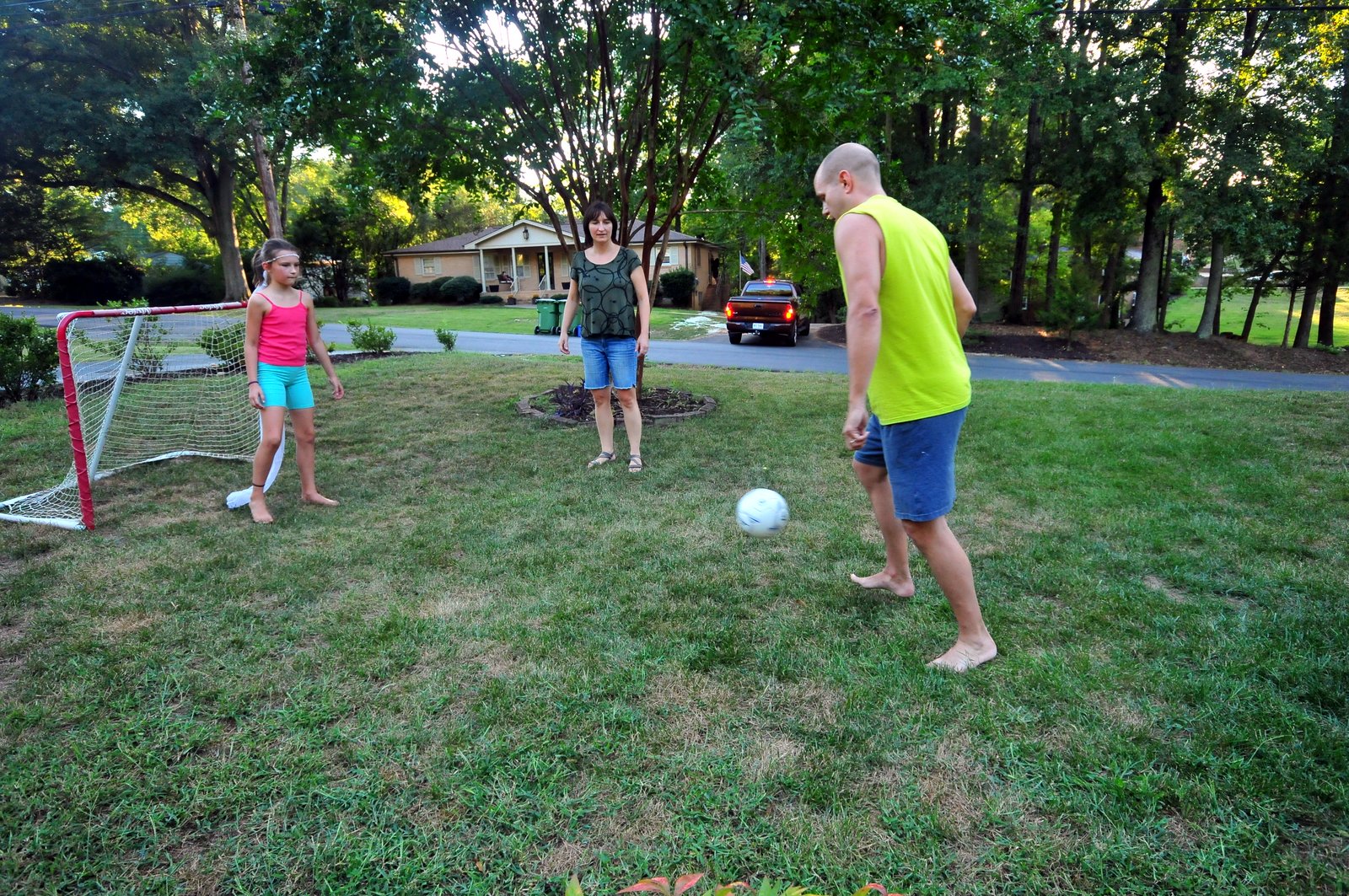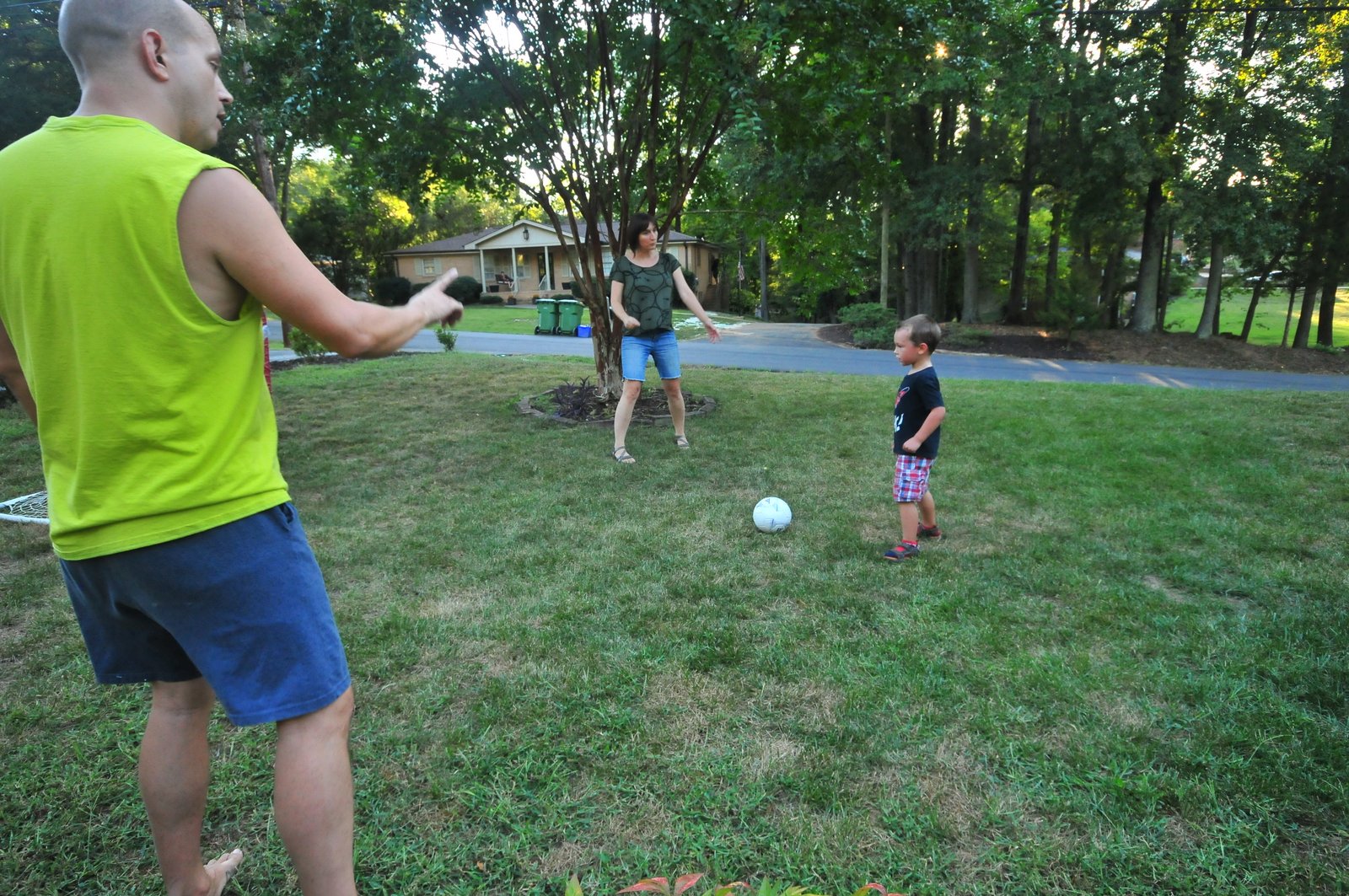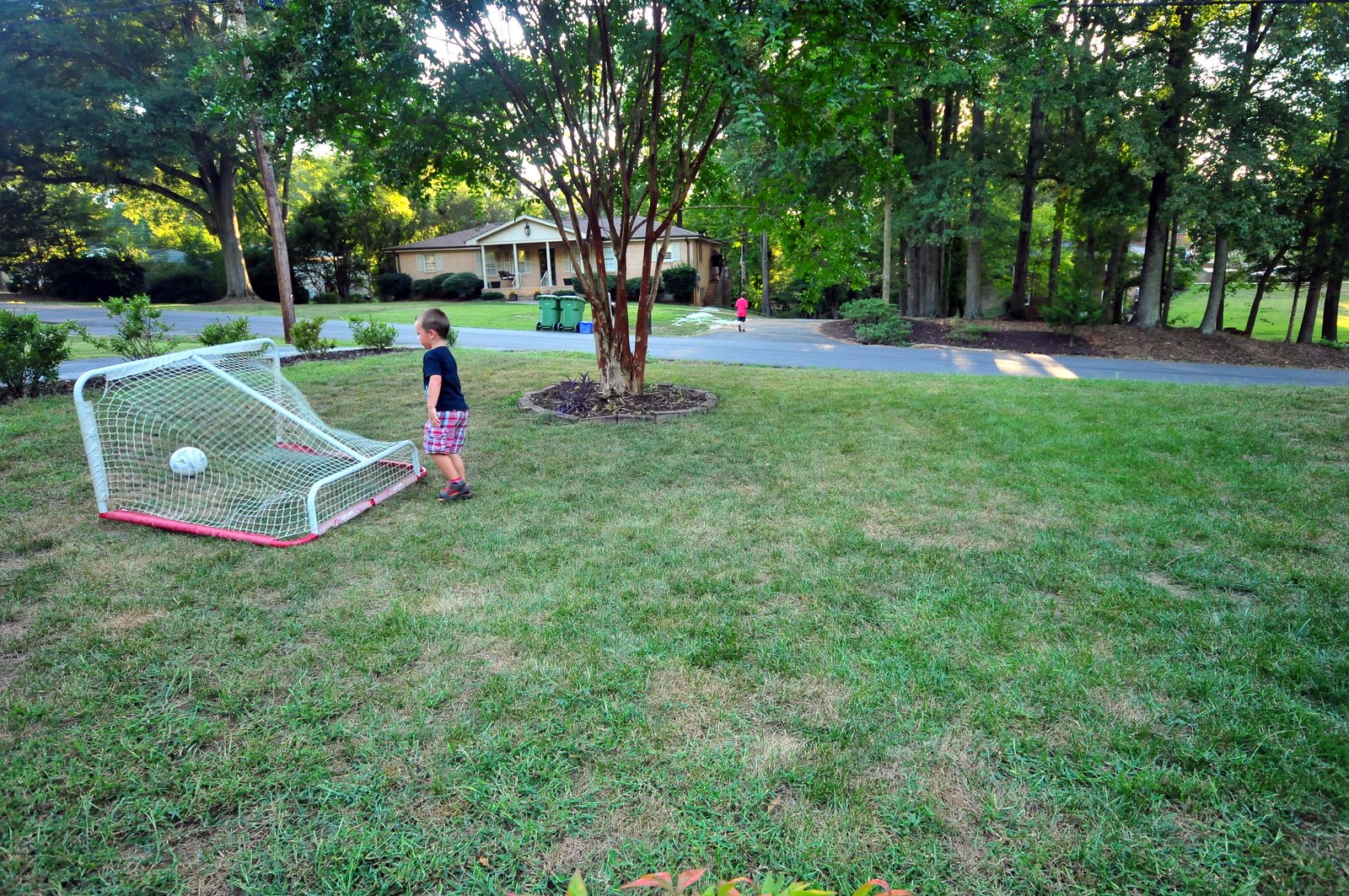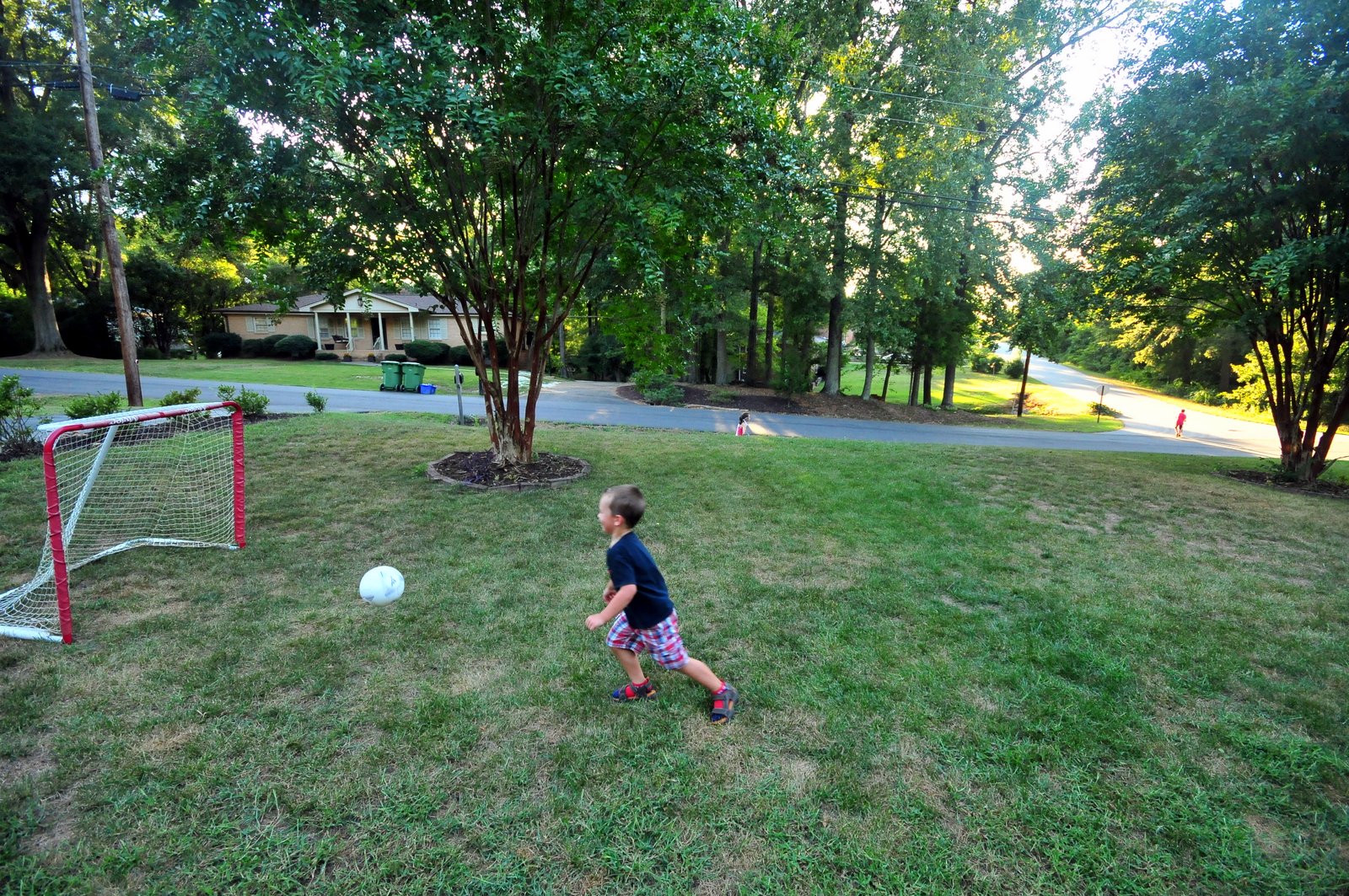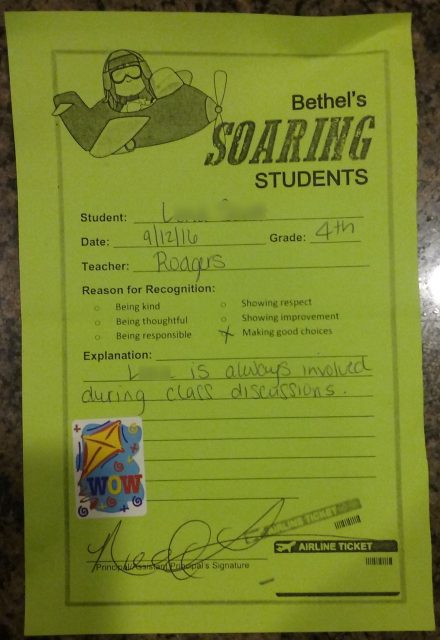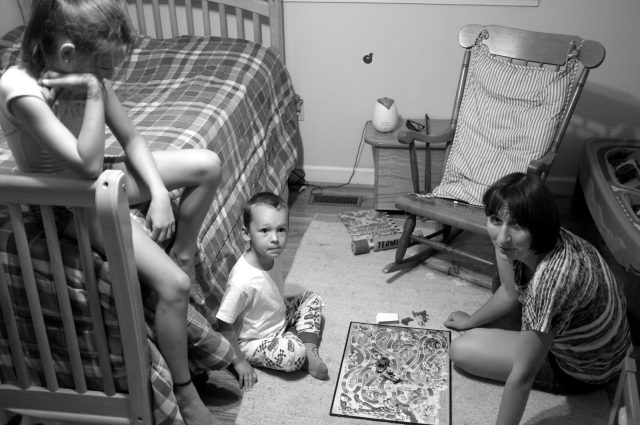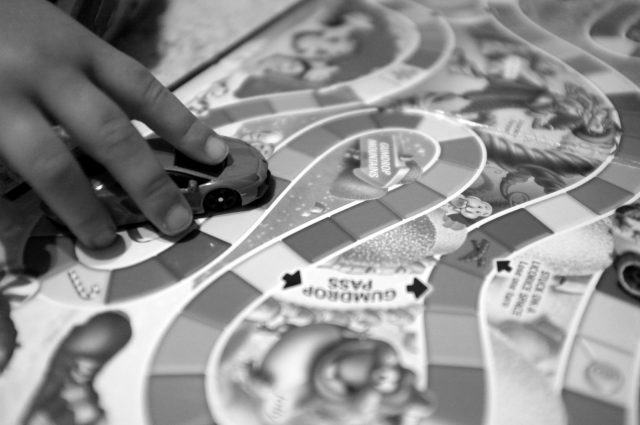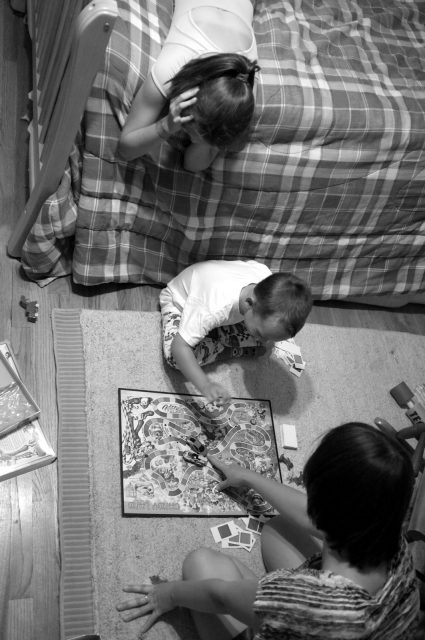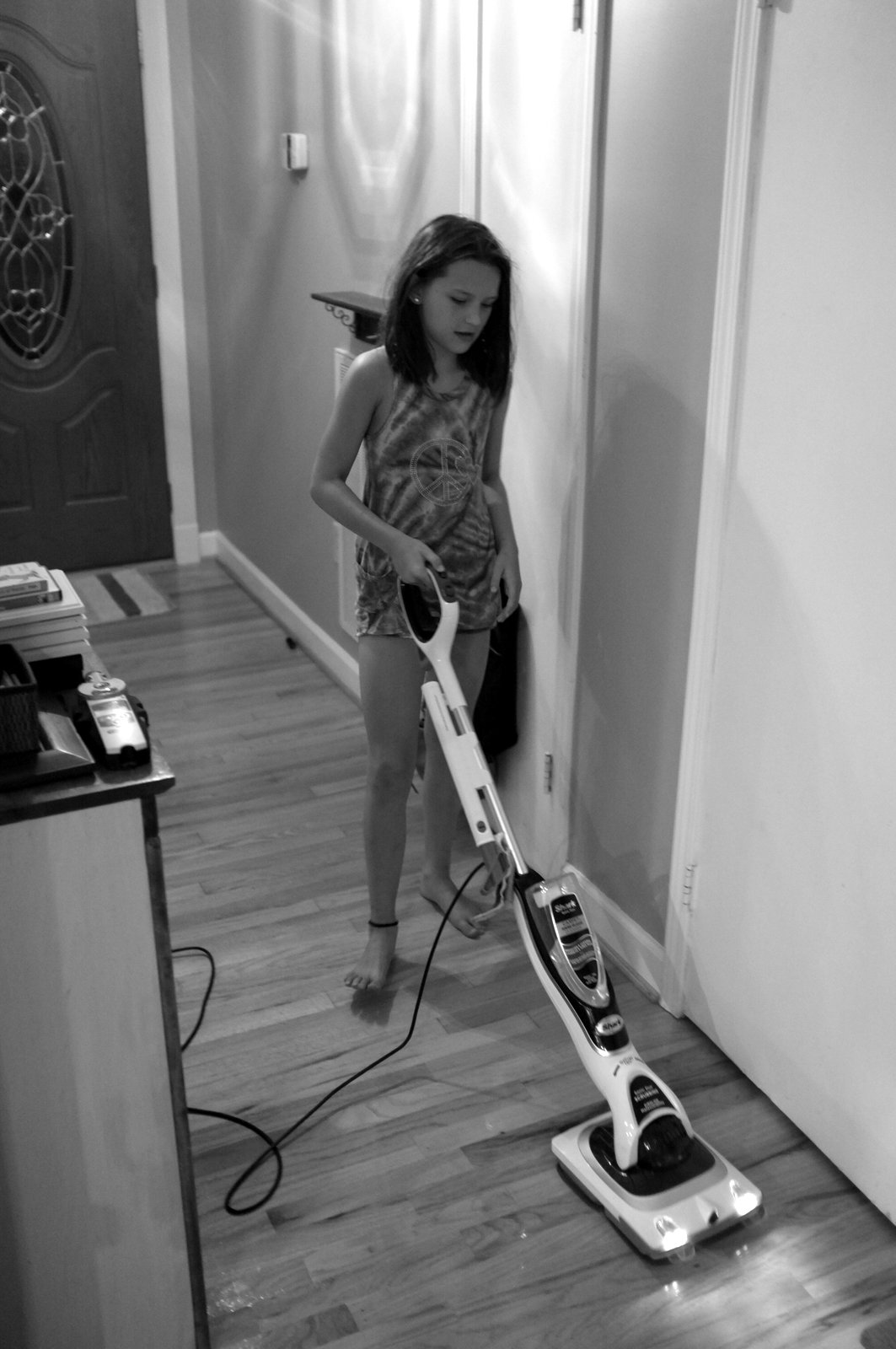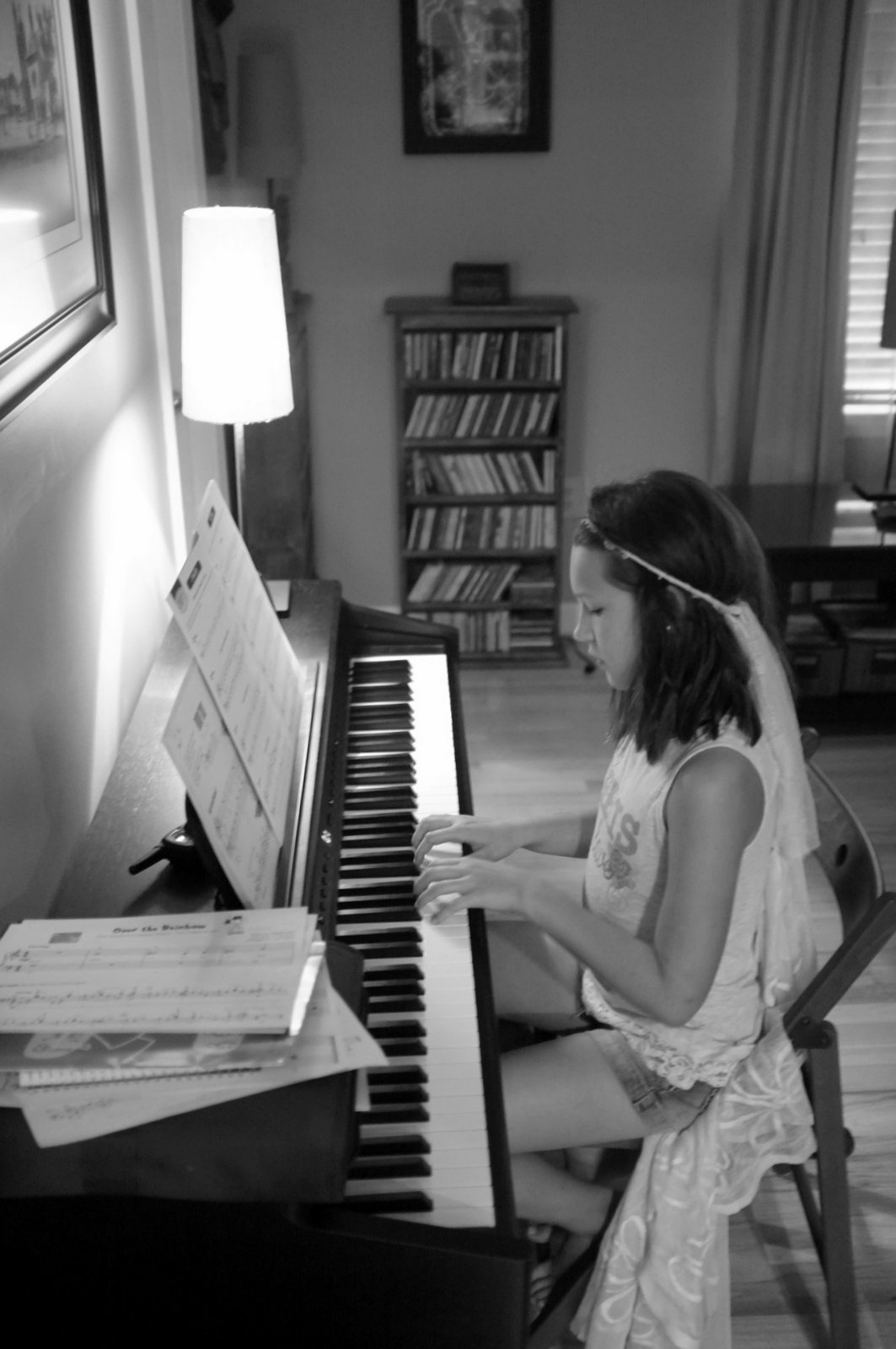Dear Teresa,
You caught my eye from the very first moment I walked into the room. You were sitting at the end of one of the two-seat tables your teacher uses instead of desks, talking to your friend. It was obvious you weren’t supposed to be there: the lab tables are designed for two people, not three. When I moved to the front of the classroom, clipboard in my head, obviously ready to take role, you didn’t move back to your seat. I hadn’t said anything earlier because I didn’t want to assume you were being anything other than a friendly student who knew when to move back to her seat. So your behavior from the beginning was something that called attention to you.
When I asked you to move to your seat, you insisted that that was your seat. I’m a patient man, and I thought that perhaps you were just being a typical playful seventh grader, so I calmly and politely repeated that you needed to move to your seat. When you again insisted that you were in your seat, I saw the whole interaction unfold before me. I knew you were going to be defiant. I knew you were going to show an attitude. I knew that you were going to be disrespectful. I knew all these things because I’ve seen people behave like you behaved many times, and I know the behaviors that lead up to it. As I stated, I had my eye on you from the moment I walked into class because of your behavior: you called attention to yourself immediately.
Now, what was most troubling about our interaction was when I asked you what your name was. I asked you, and you said nothing. I asked you again, and you were silent. Your rigid body language said plenty, though. It said, “I will not respond to you. I will not reply.” However, someone in the classroom said your name. The problem with that is simple: I wasn’t asking the question “What’s her name?” to the class. I was asking you, “What’s your name.” So when you didn’t answer, you were being defiant yet again. And when I kept insisting and you finally said, “You hear my name. You hear them telling you,” I knew we were close to the end.
It was our discussion in the hallway that sealed it. You refused to look at me. You answered in a very disrespectful tone. You huffed and puffed, smacking your teeth. You all but flipped me off with your behavior. Your behavior screamed profanity, screamed disrespect. I’m very sorry that you didn’t see that. I’m very sorry you didn’t realize the horrible things your body language was saying. However, it was at that moment that I knew there was no way to salvage the situation. I knew that, if you stayed in the room, you would not have a positive impact on the class. so I asked the administrator to take you out.
Look at the situation from my perspective: I come into your classroom during my planning period to cover for a lacking substitute teacher. I simply asked you to move to your seat. And from that, you have created a very strong and very negative first impression. Should I see your name on my role next year, it will be hard for me to start with a clean slate with you. However, that’s just what I’ll do, for two reasons: first, because I’m an adult. Simple as that. Second, I don’t know what happened to you this morning leading up to our encounter that might have soured your whole day. I don’t think I deserved for you to take it out on me, but still, you’re a kid, and kids often don’t have the cognitive and emotional mental tools yet to deal with such situations. (Truth be told, many adults don’t either.)
So I just wanted to let you know that, should you still be a student here next year, I’ll do my best to let that first impression side. But here’s the thing: if that’s how you always behave, you’ll quickly create that same first impression with every teacher in the eighth-grade hallway, and you’ll find yourself in situation after situation like the one you experienced today. You might say to that, “I don’t care,” and perhaps you don’t. That would be a tragedy. But I think you do care.
If you’d like some help learning how to make better first (and second and third) impressions, I’d be happy to help you out. Just let Ms. Smith know, and we’ll figure out something we can do.
Regards,
Your One-Period Sub
